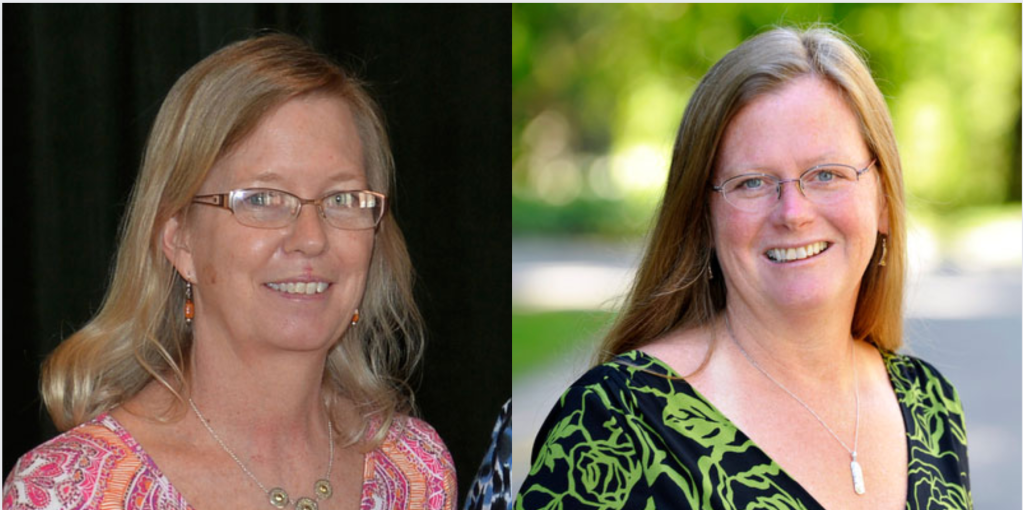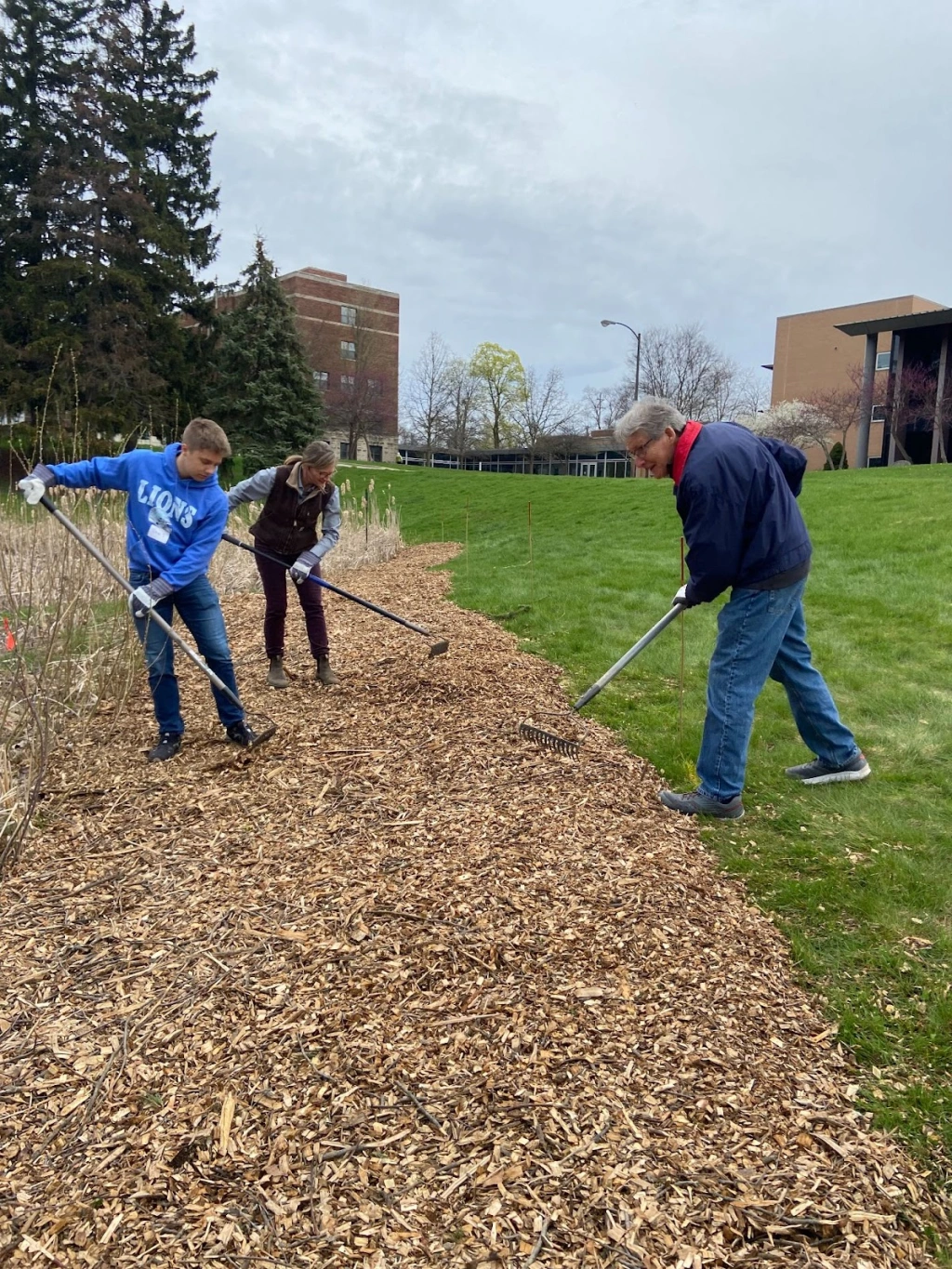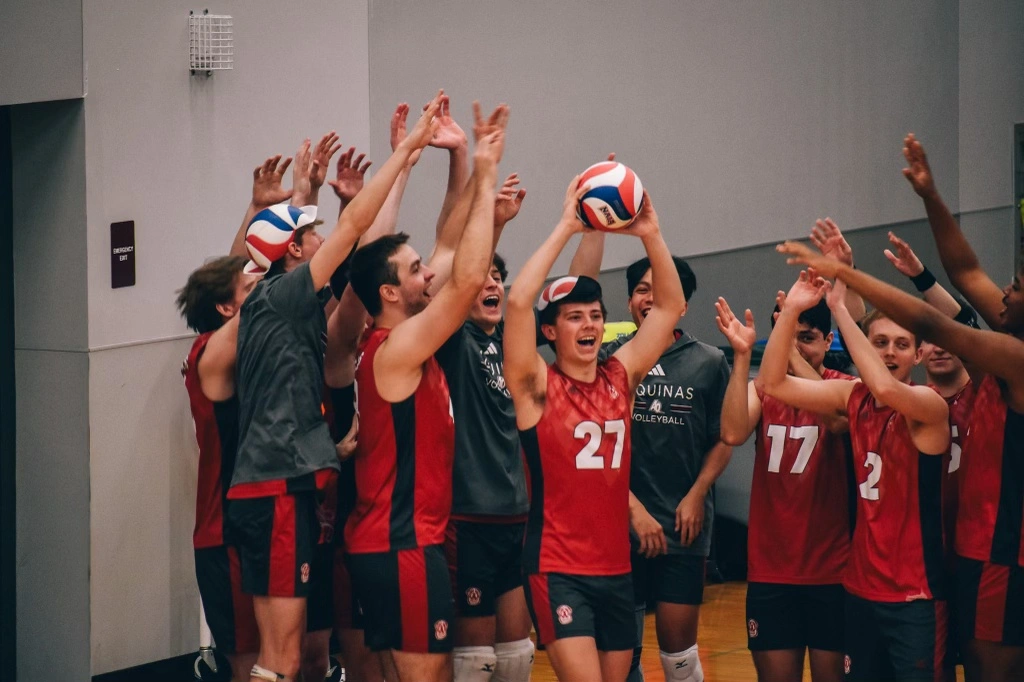Story by Elizabeth Walztoni, Staff Writer
The many sustainability initiatives on campus have been supplemented in the last several years by the Green Revolving Fund (GRF), a unique source of backing for projects suggested by the Aquinas College community.
The GRF was established in 2015 with an initial amount of $200,000 provided by the Wege Foundation. Its goal is to facilitate cost-saving sustainability improvements at the college, or “green” projects. The name also reflects the fund’s self-sustaining nature: after initial investments, the projects it finances are meant to produce savings that feed back into the fund, creating a continuous source of funding. Over time, this is meant to create the ability to approve larger undertakings.
While the GRF may sound like an administrative project, it welcomes proposals from students and other community members. Since its inception, the Fund has also relied on student involvement: interns in the Center for Sustainability work with directors each semester on the fund’s needs.
Business professor Bill Foley is currently focusing his energies on revitalizing the fund and streamlining the proposal process.
The GRF is coming out of a transition period among changing leadership and management at the college, Foley says, that resulted in “disconnects in operation” including problems with the mechanism for making repayments to the fund. He sees the last year as “resetting the compass” for the GRF.

A significant change resulting from this new focus includes the more intensive application process. Projects must be well-researched and presented to save resources in the Fund’s approval process. Priority projects at present have a short payback period and can provide savings for the college, a description that often applies to energy proposals. A current idea under consideration is the replacement of inefficient and expensive lights in the Performing Arts Center. These proposals, outlined in the graphic, are approved in agreement with the college’s Chief Financial Officer.
Looking forward, the Fund envisions itself “facilitating dialogue” among students, faculty and staff regarding “the broader sustainability goals of the college.” Foley adds that he hopes as the Fund grows and its sustainability improvements become more visible, it will be an appealing choice for donors.
Updated information about the GRF, as well as a full report and information on the application process, will be available on the Aquinas website this semester.
About the Writer:
 Elizabeth Walztoni is a sophomore majoring in Geography with a minor in writing.
Elizabeth Walztoni is a sophomore majoring in Geography with a minor in writing.





Leave a comment